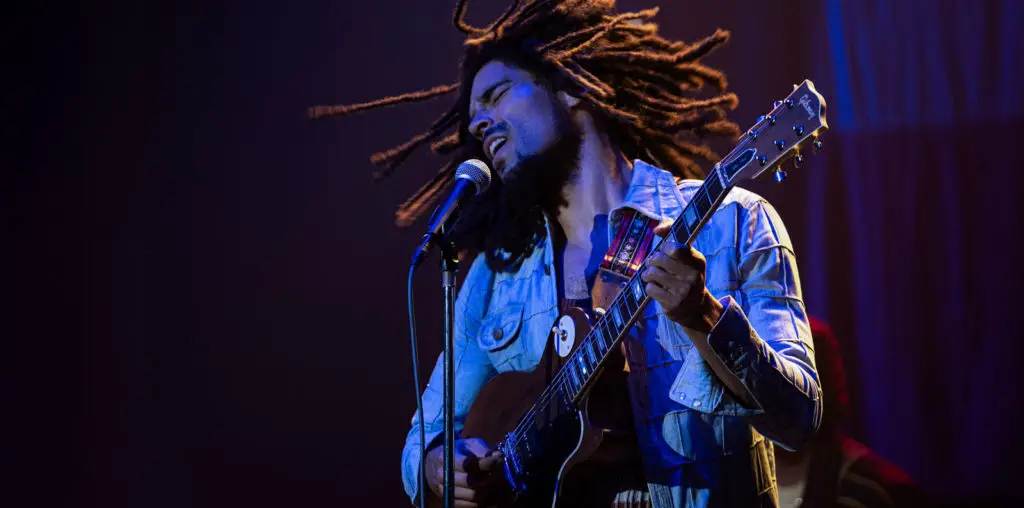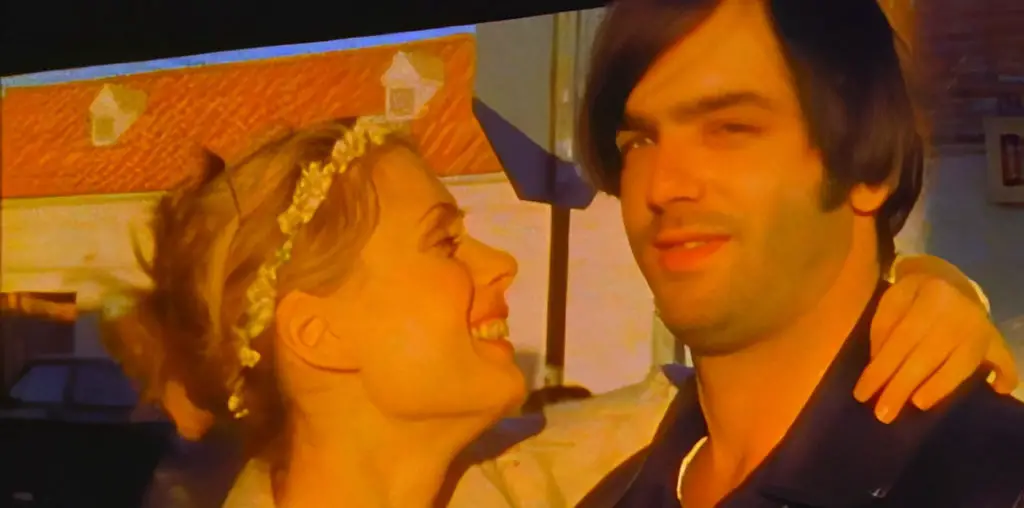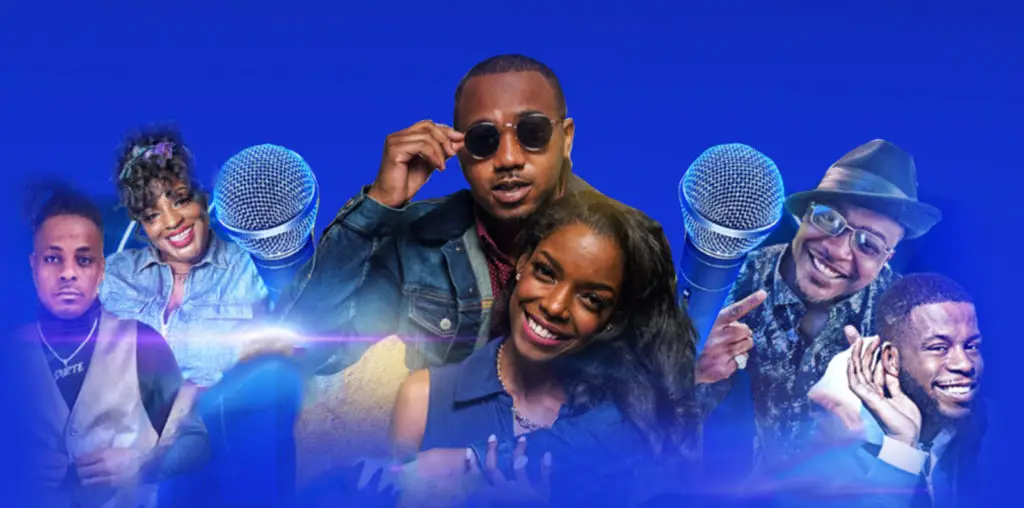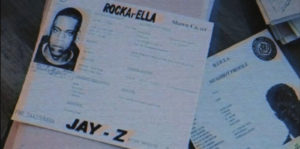
Director Sean Patrick Shaul’s documentary Cover Your Ears takes viewers on a 100-year journey through censorship in music. Racism, overreaching politicians, angry moms, and Christianity all show up as culprits in the struggle to maintain and define American culture, but do musicians carry any of the responsibility?
Beginning with the 1927 Radio Control Bill, the US government sought to create moral guidelines for what could be broadcast on the air. This led to the creation of the FCC in the 1930s, which was an additional step by the government in defining “obscenity” and what is good and bad for the “community.” The documentary points out that “obscenity” was a broadly defined term that also included black music.
Cover Your Ears continues energetically through the decades, focusing on the historical repetitiveness of youth rebelling against the times they’re living in. From the Leave it to Beaver days, to Vietnam, to the Reagan and heavy metal era, to the adoption of the Parental Advisory sticker, artists used music to break through the status quo, to be heard, and to make change. As we know, the pendulum tends to swing too far the other way now and again. Hence, the questions of violence in music, sexual violence, and intent to commit violence begin to blur the lines between entertainment and criminal activity.
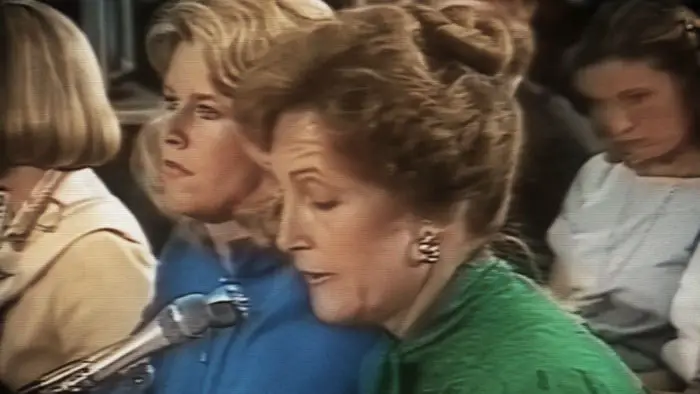
“…takes viewers on a 100-year journey through censorship in music…”
If you love music, watch Cover Your Ears. It has the charm and editing rhythm of VH1’s I Love the ’70s but remains grounded in stressing the severity of what censorship does to culture over time. The documentary showcases a diverse group of testimonials, and by diverse, I mean differing opinions on censorship and whether or not musicians should be held accountable for what horrors people commit while being influenced by a particular artist’s music.
The film culminates on a cliffhanger, revealing how musicians, rappers especially, can have their lyrics used against them in a criminal case. The viewers are left with a tone that this is flat-out bad news as they view it through a racial lens. This is the only flaw with the documentary, in my view. Social media has changed how musicians communicate with their fans and oftentimes diss tracks, create conflict between artists, and make threats online, out in the open, which goes beyond “entertainment” and “creative expression.” Their lyrics are echoed in how they act online and in the public eye.
The other idea left out of the documentary is how shock value entertainment has changed in 2023. Where nudity, sex, and violence may have had an important political and social statement up until the 1990s, the mainstream artists of today seem to put shock value before substance. Today’s pop music feels empty of meaning because artists use social media to speak out against injustice rather than through their music. Madonna stripping at 65 years old doesn’t quite stick it to the man the way it did in the 1980s, if it did at all.
Although I feel the documentary could have done more with our current age in the battle against and defining censorship, especially with the dawn of AI, it ultimately is a great springboard toward continued conversation.
Cover Your Ears will get you talking after the credits roll. Arming viewers with the historical back and forth between music and the control of music leaves you with enough information to ponder what is to come. Will history continue to repeat itself, or will the pendulum swing too far that we live to see the day the music dies?
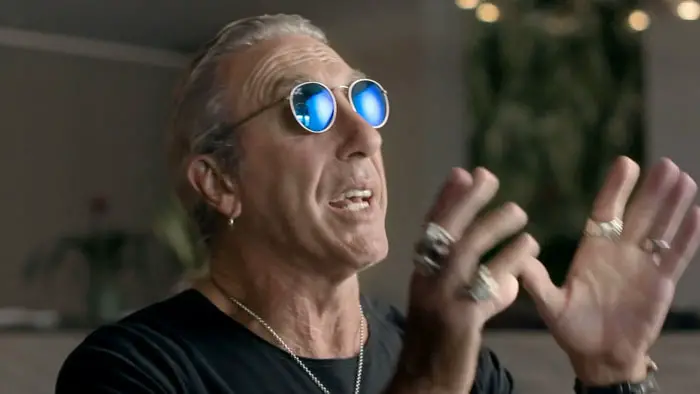
"…If you love music, watch Cover Your Ears..."
